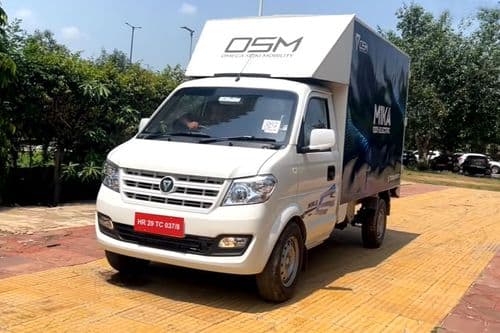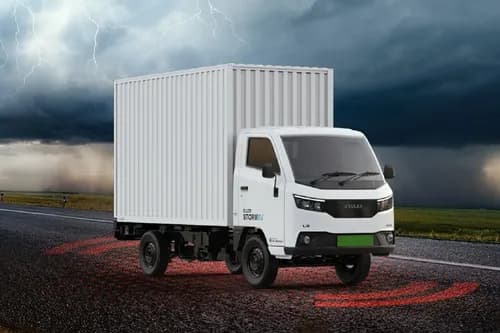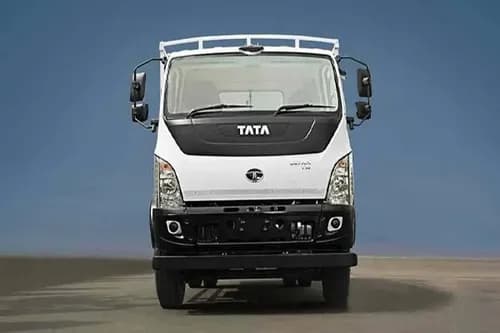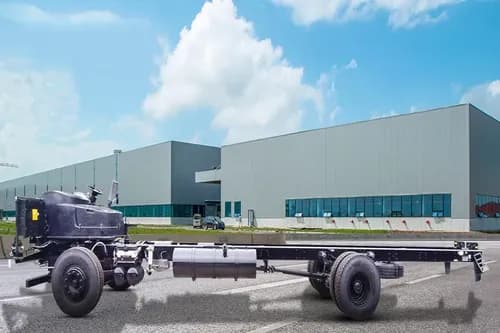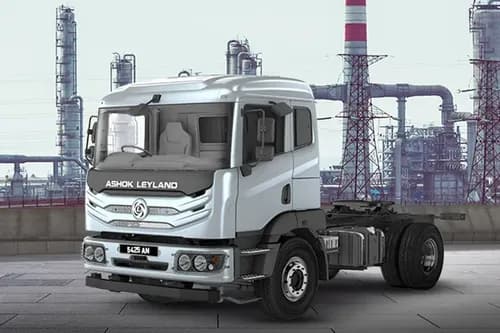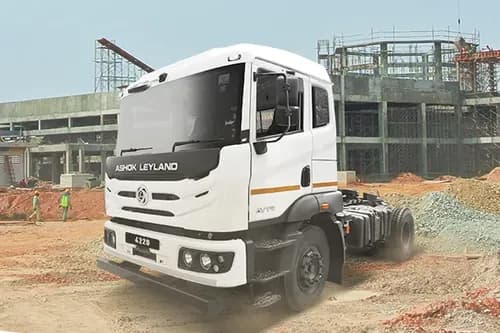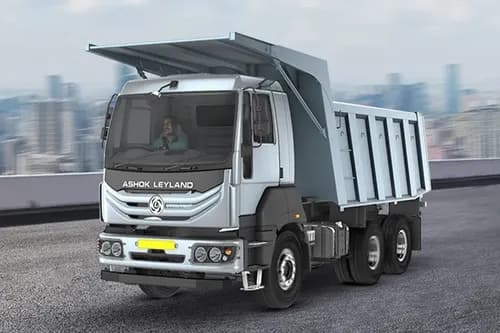Ad
Ad
Ad
Bamboo Farming in India - The Process, Requirements and Profit
India ranks as the second largest producer of bamboo after China worldwide. Most species of bamboo are found in North-east India. With 50% of the species being found in these regions, naturally, most of the cultivation is performed there. Madhya Pradesh is the largest bamboo producer in India.

Bamboo farming is one of the largest commercially cultivated crops in India. Bamboo is cultivated around 14 million hectares and covers nearly 13% of the forest area in India. Annual production of bamboo in India is around 3.5 million tons thus it is valued at over $6 billion. This is the main reason bamboo farming is also called “poor man’s timber” in India.
India ranks as the second largest producer of bamboo after China worldwide. More than 136 distinct species of bamboo are present in India according to “National Bamboo Mission”, but only around 16 of them are cultivated to make a profit.
Cultivation of most of these species is not profitable thus only a selected few are viable options for professional ventures. Bamboo farming in India is quite profitable as long as the prerequisites are met. Bamboo is mainly used in house construction, making furniture and also in paper making.
Bamboo Farming Requirements
Bamboo farming in India is mostly cultivated in northeast regions with more than 50% of the species existing there. Bamboo farming requires specific soil, climate and water requirements to grow and these are explained below:
Soil Requirements
- Bamboo prefers well-drained and muddy soil with good aeration.
- Bamboo can also grow in muddy loam, sandy loam and clay loam except in rocky soil
- The pH of the soil should be between 4.5 to 6.0 pH for bamboo to grow
- For bamboo to grow, the soil should be fertilised enough and moisture should be present.
Climate Requirements
- Bamboo grows best in warm and humid climates.
- Some species may be tolerant to cold climates but cold climates can limit or kill bamboo’s growth for most species.
- Bamboo grows well in areas with temperatures between 16 to 30 degrees Celsius.
- Temperatures less than 15 degrees Celsius can kill the bamboo tree most of the time.
- Bamboo cultivation in India is mostly done in northeast regions because of the favourable climate.
- The bamboo thrives in tropical and sub-tropical environments.
Also Read: Fish Farming Business in India: How to Start, its Types, and Challenges
Bamboo Farming Process
Bamboo farming is preferred in the rainy season and muddy soil. Generally, bamboo is planted using rhizomes or culm cuttings because bamboo seeds are hard to obtain. Here are all the steps for planting bamboo:
- First, the bamboo seedlings are raised on nursery beds
- Then they are moved to a poly pot and grow there for a year
- Lastly, these seedlings are planted in the main field
In the main field, pits of 60 X 60 cm size are dug and the seedlings raised for a year are planted there at a distance of 4X5 metres. The seedlings should be planted only in rainy seasons. The full growth cycle of a bamboo tree will be completed in 3-5 years. After that bamboo is ready to be harvested.
Bamboo Irrigation Methods
Bamboo needs water to grow and in India, there are many methods of irrigation used for the purpose. These are explained in detail below:
1. Drip Irrigation Method
The drip irrigation method is the most effective and with this, you can save up to 70% of water compared to traditional methods. It is used in India for large bamboo farms spanning hundreds of hectares. In this method, water is applied directly to the roots of bamboo and water wastage is shortened.
2. Rainwater Irrigation Method
The rainwater irrigation method is used in forests with high rainfall occurrence. It is used in northeast areas of India and rainwater is the main source for bamboo growth in this method.
3. Flood Irrigation Method
The flood irrigation method is used in smaller bamboo plantations. This method saves money as the infrastructure needed is smaller. In this method. The soil is flooded with water and bamboo roots take water directly from the soil.
Bamboo Farming in Different Regions of India
Most species of bamboo are found in North-east India. With 50% of the species being found in these regions, naturally, most of the cultivation is performed there. Madhya Pradesh is the largest bamboo producer in India.
Bamboo Farming in Madhya Pradesh
Bamboo Farming in Madhya Pradesh is one of the largest commercial farming sectors. Madhya Pradesh is one of the largest producers of bamboo in India. Madhya Pradesh has over 13 lakh hectares of bamboo plantations that are responsible for 20% of India’s bamboo production. The most common species of bamboo in Madhya Pradesh are Bambusa Bambos and Bambusa Vulgaris.
Bamboo farming in MP is backed by the state government’s many initiatives like subsidies and bamboo processing units. The state has many government policies like the Madhya Pradesh State Bamboo Mission (MPSBM) and Madhya Pradesh Bamboo Policy (2019) that provide farmers with assistance in terms of subsidies, incentives and technical support.
Bamboo Farming in Maharashtra
Bamboo farming in Maharashtra is easy because of many factors like fertile soil, warm climate and large rural population. Bamboo is also called Kalkipan in Maharashtra. Maharashtra is also one of the largest bamboo producers in the country. The most common species of bamboo in Maharashtra are Bambusa, Katang, Manga and Manvel.
Bamboo Farming in Arunachal Pradesh
Arunachal Pradesh is another state with high bamboo production. Arunachal Pradesh has over 10% of the total bamboo plantation area in India. Arunachal Pradesh has over 26 species across 9 genera.
Bamboo Farming in Odisha
Odisha has over 1.7 million hectares of bamboo plantations which makes it one of the top bamboo producers in India. Over 10 lakh people are bamboo farmers in Odisha. The Odisha government has many policies like the National Bamboo Mission and The Odisha Bamboo Development Agency (OBDA) to help these farmers.
Bamboo Farming in Uttar Pradesh
Bamboo farming is small-scale and relatively new in UP compared to other states discussed above. The UP government has set a target of planting 50,000 hectares of bamboo by 2025. The UP government provides a Rs 5,000 per hectare subsidy to farmers for bamboo cultivation.
Bamboo Farming in Kerala and Tamil Nadu
Bamboo farming in Kerala is quite profitable because of the favourable climate and soil conditions. Kerala has over 1 lakh hectares of bamboo plantation. Kerala is also one of the top 10 states in India in terms of bamboo production.
Bamboo farming in Tamil Nadu is grown in many districts like Coimbatore, Erode and Salem. Tamil Nadu is also one of the top 10 bamboo producers in India.
Bamboo Farming Profit and Income in India
Bamboo farming can produce profitable income for a farmer but it also needs 5 years of hard work and resources to produce any results. The profit from bamboo farming can vary depending on the state and quality of bamboo.
A study conducted by the National Bamboo Mission stated that the average bamboo farming profit per acre in India is around 30,000 to 50,000. Some farmers may make up to Rs 1 lakh profit per acre in bamboo farming. Bamboo farming in Madhya Pradesh is the most profitable with some farmers making up to Rs 2 lakh.
Also Read: Urban Farming in India: Types, Process and Benefits
Conclusion
In the end, bamboo farming in India provides many benefits to farmers. Bamboo farming can be quite profitable if the conditions are met. Bamboo farming in India plays a vital role in the economy. Every state government in India meeting bamboo farming conditions has bamboo policies to help farmers.
Bamboo farming in India is most profitable and easy in states like Assam, Madhya Pradesh and Maharashtra. Bamboo farming requires hard work and maintenance for 3-5 years and then it starts turning a profit.
Features & Articles
Top 5 Tata Ultra Trucks in India 2025: Price, Features And Specifications Explained
The Tata Ultra range offers modern and stylish trucks. In this article, we have listed the Top 5 Tata Ultra Trucks in India 2025 with their price, specifications and feat...
17-Feb-25 06:24 AM
Read Full NewsBest Three-Wheelers Showcased At Auto Expo 2025
If you are interested in buying three-wheelers or want to learn more about the latest features and technologies in three-wheelers, this article is for you. ...
14-Feb-25 12:36 PM
Read Full NewsDiscover Why Electric Rickshaws Are Smart Investments in India
Electric three-wheelers have become a smart choice for many businesses due to several reasons. Here’s Why Electric Rickshaws Are Smart Investments in India...
12-Feb-25 01:18 PM
Read Full NewsExcavators in India: Types, Best Models and Their Uses in Construction Sites
Explore excavator types in India, their features uses, and prices. Find the best machine for construction, mining, and infrastructure projects....
11-Feb-25 11:41 AM
Read Full NewsFASTag New Rules: Everything You Need to Know
According to the plan, the cost for a monthly pass will be Rs 3000. Additionally, commuters can opt for a lifetime pass for Rs 30,000....
11-Feb-25 09:43 AM
Read Full NewsSWITCH Mobility IeV8: The Smart Electric Commercial Vehicle
The IeV8 offers two battery options: 70 kWh and 140 kWh, which allow it to cover distances of up to 250 kilometers. ...
06-Feb-25 01:28 PM
Read Full NewsAd
Ad
Registered Office Address
Delente Technologies Pvt. Ltd.
M3M Cosmopolitan, 12th Cosmopolitan,
Golf Course Ext Rd, Sector 66, Gurugram, Haryana
pincode - 122002
Join CMV360
Receive pricing updates, buying tips & more!
Follow Us
COMMERCIAL VEHICLE BUYING BECOMES EASY AT CMV360
CMV360 - is a leading commercial vehicle marketplace. We helps consumers to Buy, Finance, Insure and Service their commercial vehicles.
We bring great transparency on pricing, information and comparison of tractors, trucks, buses and three wheelers.












